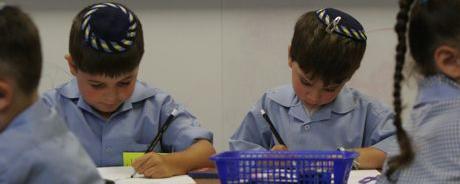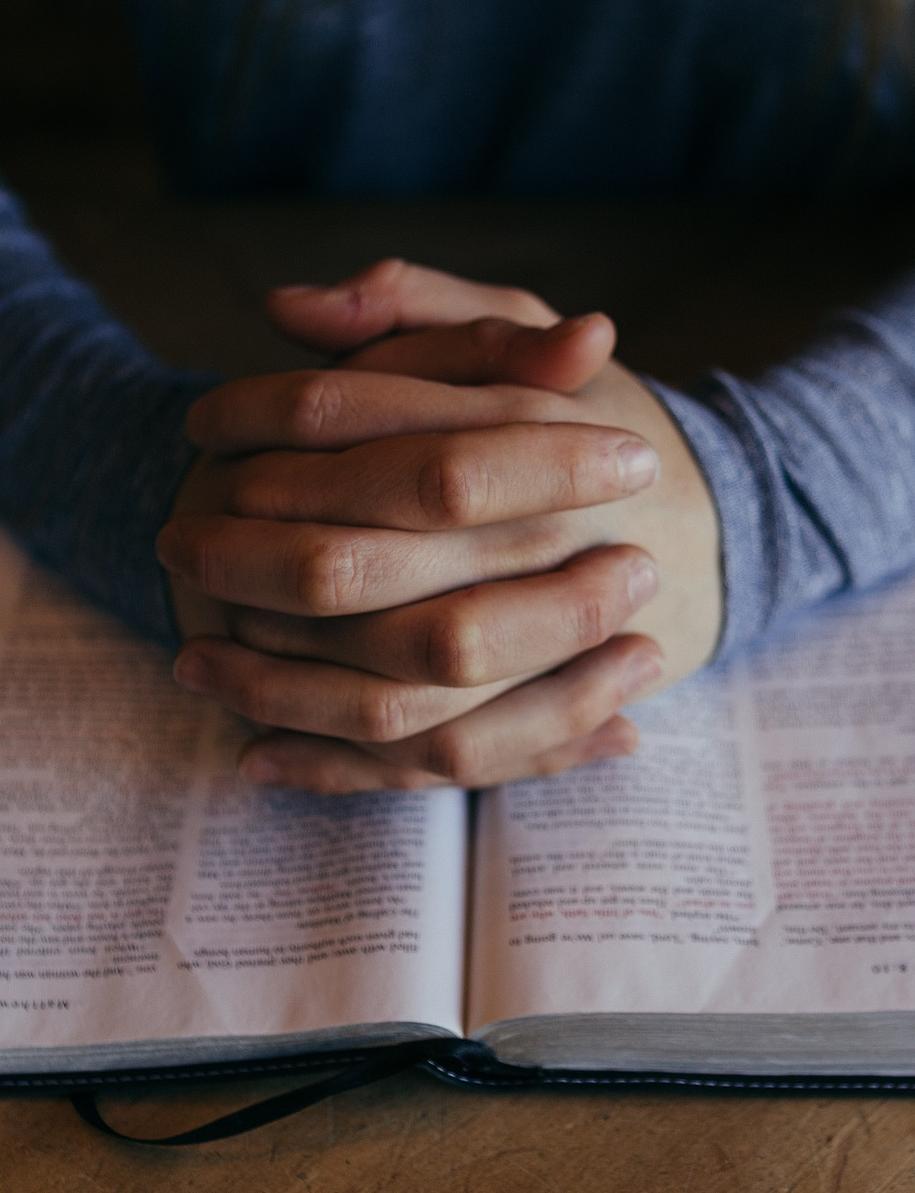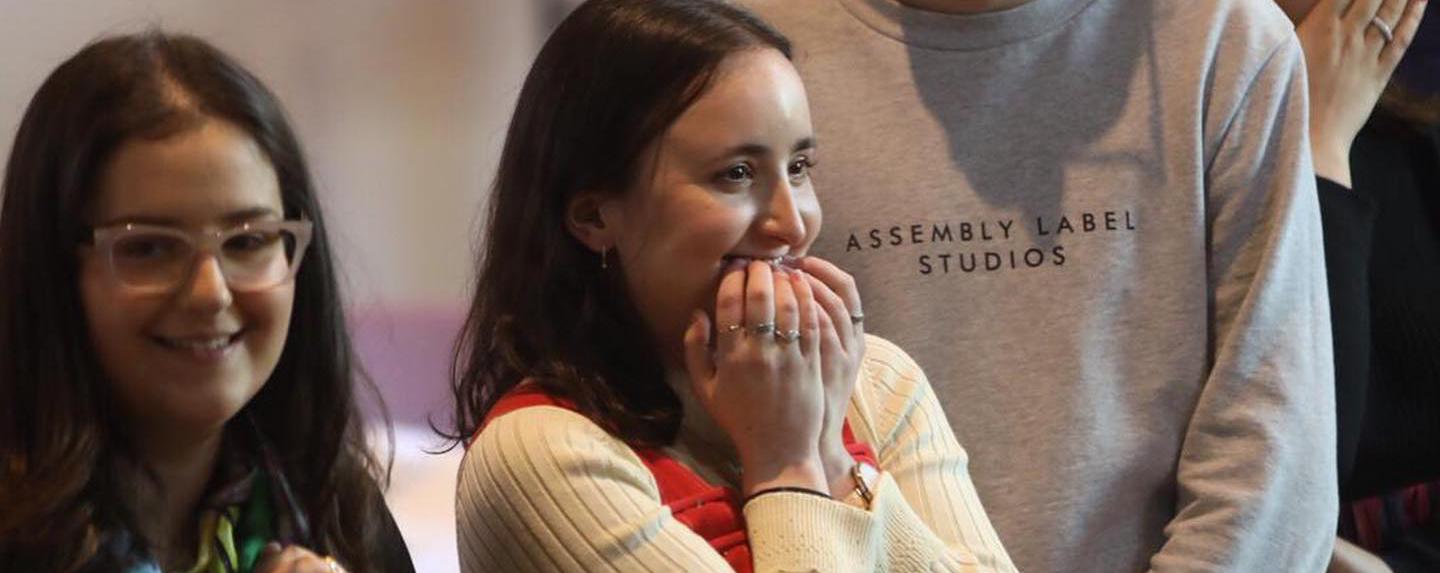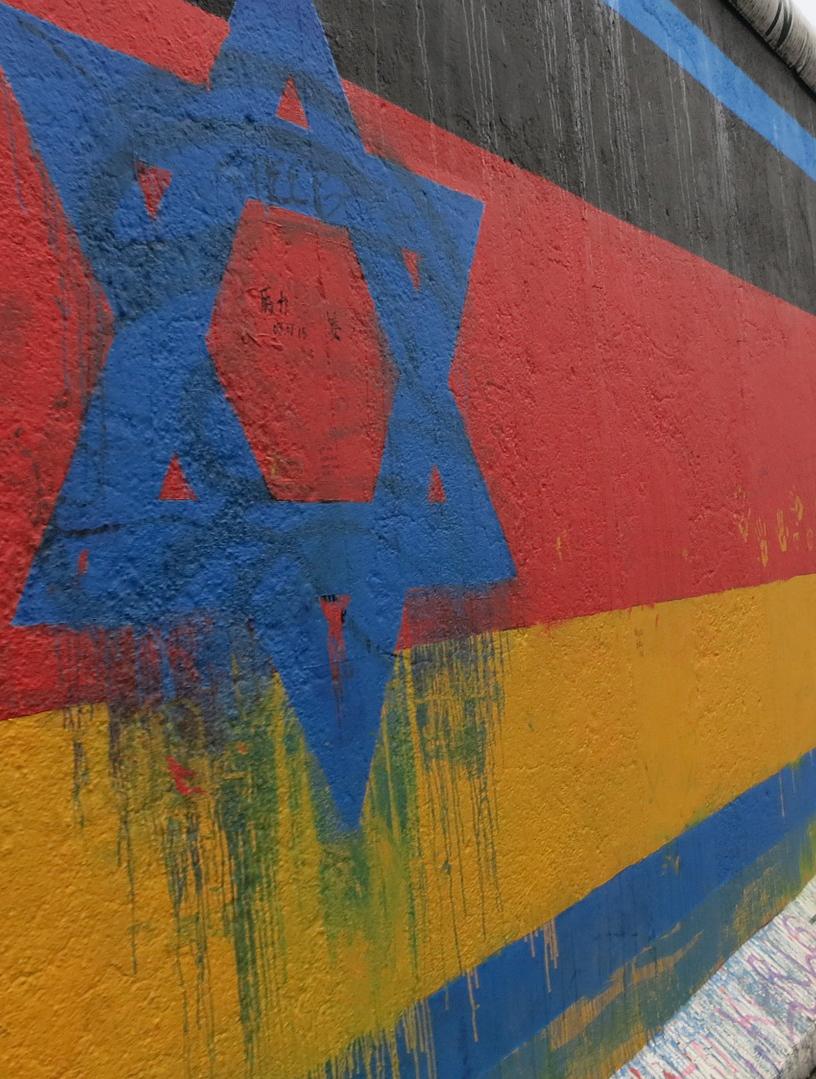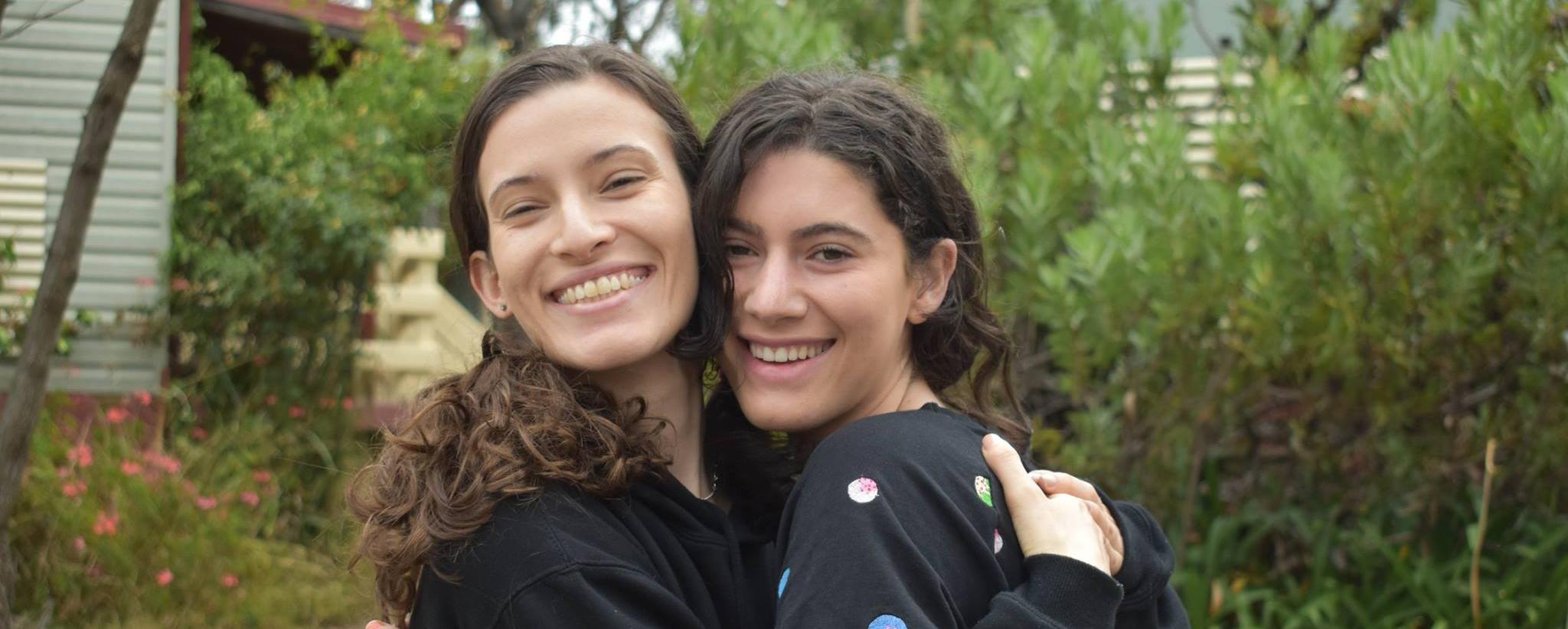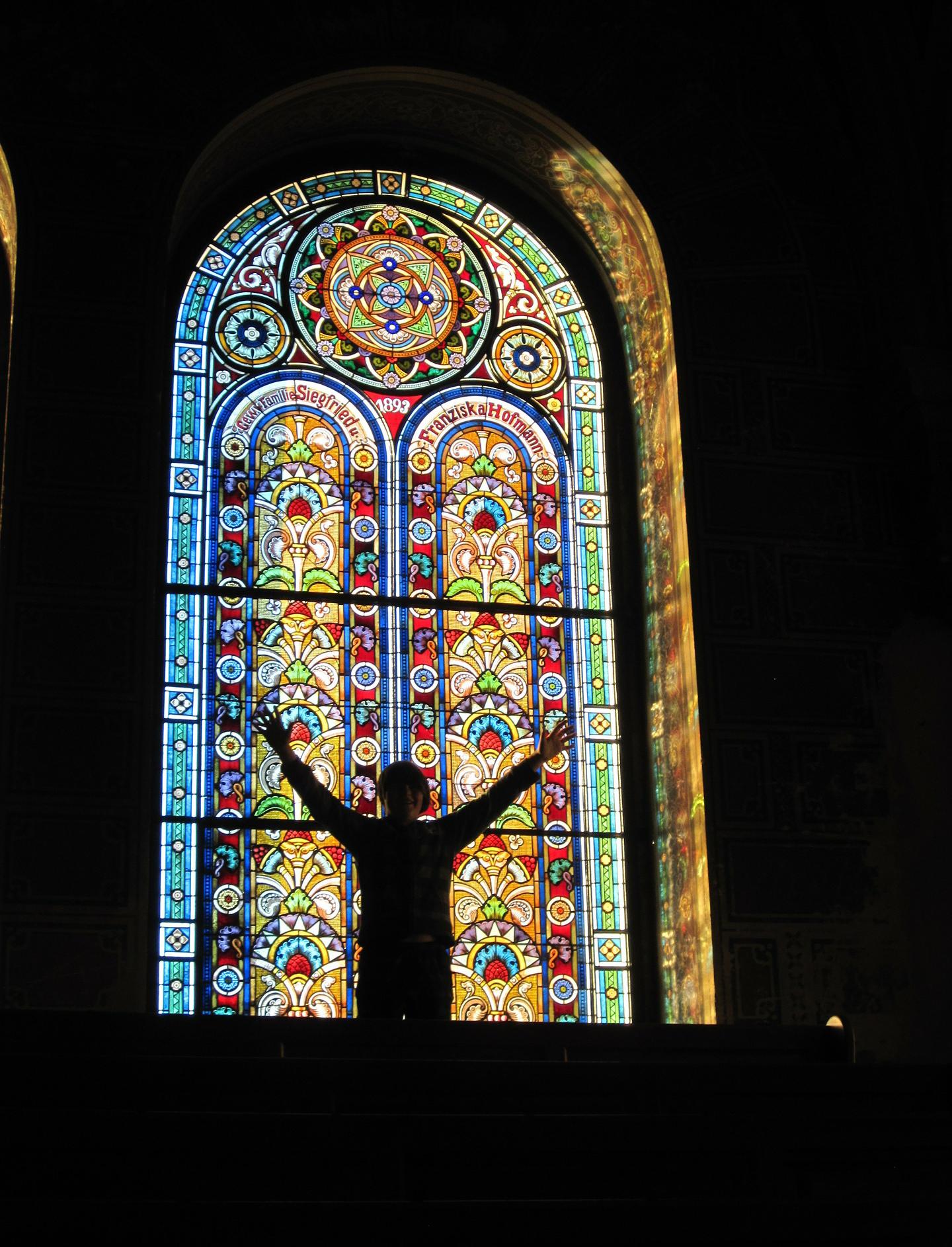
4 minute read
Give the Yamim Noraim a Second Chance; Like G-D is Giving You
Gabriella Davis
The Rosh Hashanah and Yom Kippur shule services are the absolute highlight of my year. Yes, you read that correctly. Highlight of my year. But why on earth would a busy, 22-year-old student who considers herself fairly progressive enjoy sitting in shule all day for a service she doesn’t understand?
Advertisement
I grew up going to a traditional Modern Orthodox shule every Rosh Hashanah and Yom Kippur with my family. The shule experiences of my childhood were similar to most people I know; a cantor and choir leading the service, a few men joining in, and the other 95% of the congregation sitting there chatting. Just like that 95%, I went to shule every year because my parents said that’s just what Jews do.
It was always drilled into me that Rosh Hashanah and Yom Kippur are the most important days in the Jewish calendar. They mark a turning point at which the past year can be put behind us, and we are given a chance to reflect, repent, and decide what kind of person we want to be in the coming year.
If this was really true, how was everyone so okay with just sitting in shule completely disengaged, just because they’re supposed to?
When I was at school, my sister and I successfully convinced our parents to let us go to our school’s 2nd day Rosh Hashanah service instead. It was your traditional, by the book Rosh Hashanah service, yet, in so many ways, it was so much more.
Every page prompted a new song that everyone could sing along to. Some were familiar tunes from the Kabbalat Shabbat service, and others were simple tunes that most of us could catch on to after a few lines, as long as we followed along in the siddur.
What made this service so different from anything I’d experienced? Every student was there because they wanted to be, and they actively participated through the most beautiful singing, filling the small kindergarten classroom with bellowing harmonies that could be heard halfway down the street.
Students were called on to give short drashas (sermons) explaining various parts of the service and their significance, while others led parts of the service. Those in charge realised that, if they wanted students to find meaning in Rosh Hashana, they needed to be actively engaged.
Sure, the whole service is in Hebrew. And before you ask - no, I don’t understand every word of what I’m singing. But, does that matter to me? No.
For me, when I sit there singing my favourite tehillim and tfillot to tunes I’ve been rehearsing with my sister all year in the leadup to the High Holidays, I am reminded of what I truly care about in life. No distractions, no technology, no stress. Just singing. I am reminded of the things that are most important to me; sometimes these are things I’m really proud of how much I’ve given myself to, and sometimes these are things I’ve been neglecting over the past year.
For me, the peak of the High Holiday services comes when we hear Unetaneh Tokef, a poem composed in the 11th century by Rabbi Amnon of Mainz. If you’re not familiar with it, go listen to the most commonly sung tune, written by Yair Rosenblum. Unetaneh Tokef puts everything into perspective.
One of the questions it asks is “Who will live and who will die?” Sound familiar to anyone? The opening line from the finale of the musical Hamilton is: “Let me tell you what I wish I’d known when I was young and dreamed of glory; you have no control who lives, who dies, who tells your story.”
Both the song and the prayer imply that there is randomness to this question – that’s what makes it such a powerful question. We sit in shule on Yom Kippur reckoning with our lives, our deeds, and we don’t know; will we live to see another Yom Kippur?
How many more trips around the sun will we have?
The song also asks, “who tells your story?” Or, to put it another way, what story will be told? In Unetaneh Tokef, we say that Hashem, on Rosh Hashanah, reads the Book of our Lives and judges each of us by our deeds. The poem concludes, “vechotam yad kol adam bo” - “the book is sealed by each person’s hand”. In other words, Hashem reads the story we have written. We may have little or no control over who lives and who dies; but we do have some control over what story is told.
Rav Kook taught; “ha-yashan yit’chadesh vehe-chadash yit’kadesh” – “the old becomes new and the new becomes holy.” Our mission in life is to transform and breathe relevancy and inspiration into our history leading to a life of meaning to create a lasting legacy. We have to turn history into our story.
Our generation cannot be the one to disregard thousands of years of Jewish tradition just because we don’t connect with the way our parents’ generation chooses to practice. We must take on the responsibility to breathe life into our history and create opportunities to meaningfully engage with Judaism in an active way. Lin-Manuel Miranda did it, too, revolutionising the way Americans connect with their history through a hip-hop musical.
Don’t sit idly by and let yourself detach. Look around for opportunities to engage that work for you. And if you can’t find anything, make a change. Adapt the old into the new. Find likeminded people and create new opportunities for yourselves. Pave the way for future generations of young Jews to connect, to reflect and to strive to be the best people they can be.



